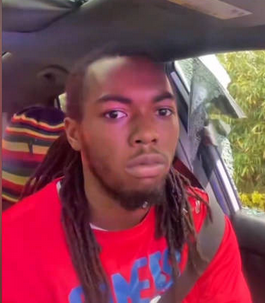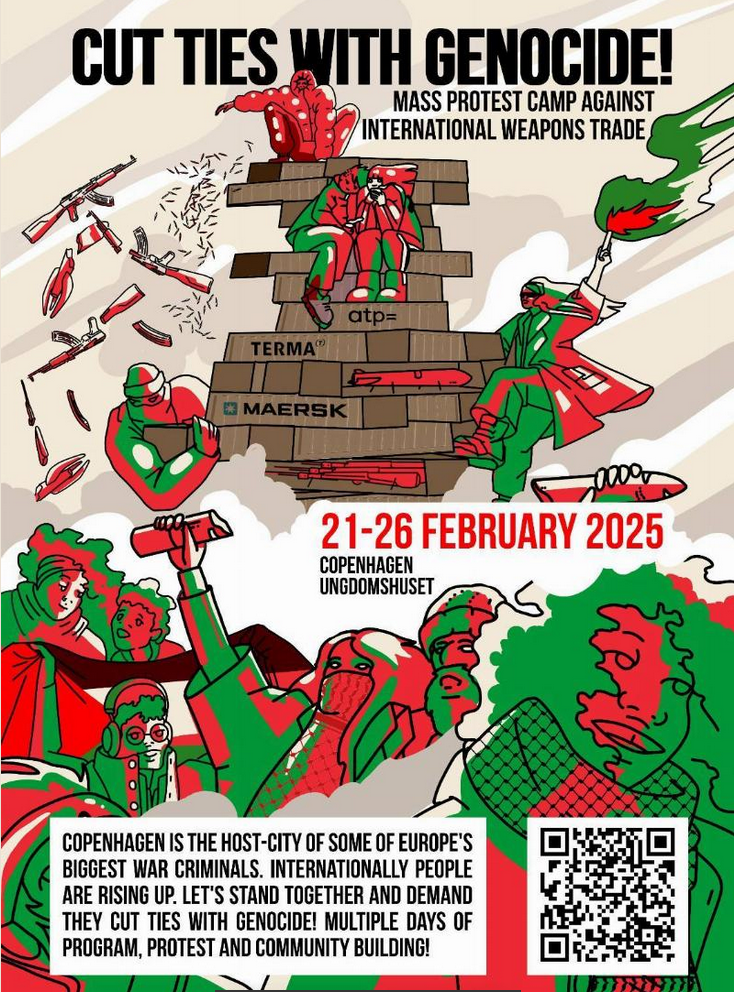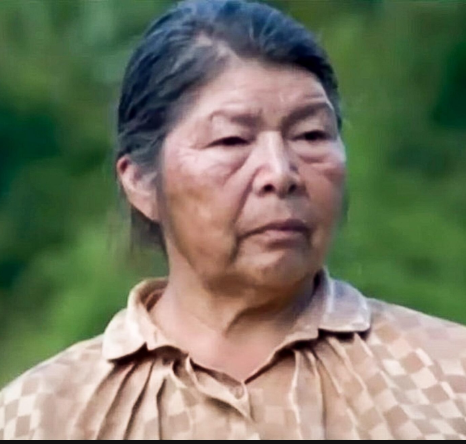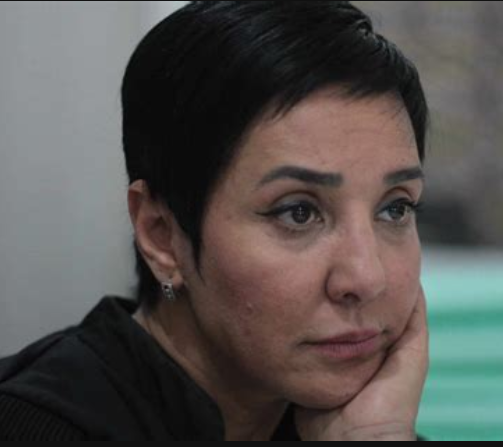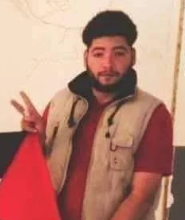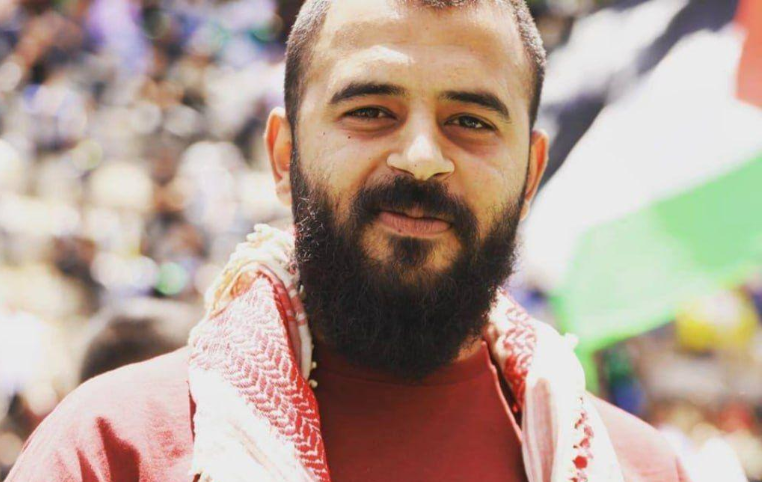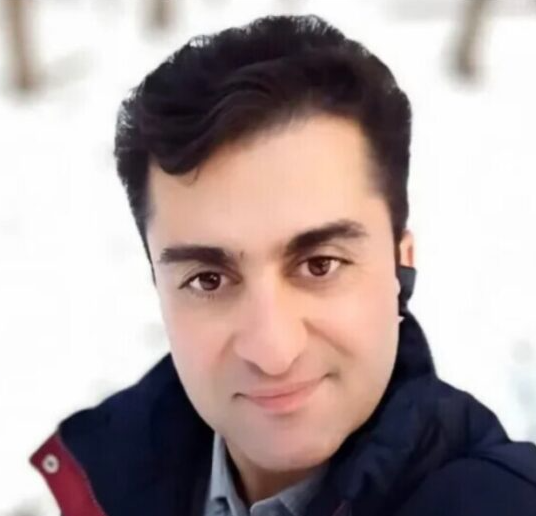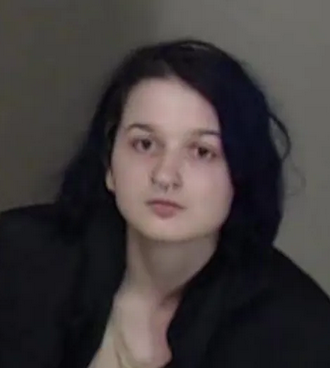February 19, 2025 – Jacksonville (FL)
22-year-old. Car window bshattered, Beaten up : a chipped tooth that pierced his cheek, requiring stitches, a concussion and short-term memory loss
- Last update: 15:12 - First published
The beating occurred on February 19 after Jacksonville Sheriff’s Office deputies pulled 22-year-old Black motorist William Anthony McNeil Jr. over for driving without his headlights on — even though it was daytime and not even raining.
Now-viral cellphone video shows McNeil posing no threat to officers as he questioned why they had pulled him over. An officer then breaks McNeil’s window and punches him in the face, before officers drag him from the car, throw him to the ground and begin pummeling him.
Police officer 1: “Exit the vehicle now! Exit the vehicle! Show me your hands!”
William Anthony McNeil Jr.: “Here. I’m here. What is your reason, sir?”
Police officer 2: “Step out! Step out!”
William Anthony McNeil Jr.: “What is your reason?”
Police officer 3: “Step out now!”
Police officer 2: “All right, get on the ground!”
William Anthony McNeil Jr.: “No! No, don’t! Don’t touch!”
Police officer 2: “Get on the ground!”
McNeil says he suffered a chipped tooth that pierced his cheek, requiring stitches; a concussion; and short-term memory loss. Jacksonville’s branch of the NAACP called the video “disturbing,” adding, “This troubling behavior from law enforcement highlights the very reasons why many African Americans, especially African American men, feel fear during traffic stops.”
Jacksonville Sheriff T.K. Waters said on Monday July 21 that none of the officers involved in the violent arrest and beating will face criminal charges.
Physical violence
| X | Arrest |
| Detention / Custody | |
| Hustle / Projection | |
| Prone position / lying flat on the stomach / ventral decubitus | |
| “Folding” (holding a person in a seated position with their head resting on their knees) | |
| X | Painful armlock |
| X | Kicks, punches, slaps |
| Feet / knees on the nape of the neck, chest or face | |
| Blows to the victim while under control and/or on the ground | |
| Blows to the ears | |
| X | Strangulation / chokehold |
| Fingers forced backwards | |
| Spraying with water | |
| Dog bites | |
| X | Hair pulling |
| Painful tightening of colson ties or handcuffs | |
| Painfully pulling by colson ties or handcuffs | |
| Sexual abuse | |
| Striking with a police vehicle | |
| Use of gloves | |
| Use of firearm | |
| Use of “Bean bags” (a coton sack containing tiny lead bullets) | |
| Use of FlashBall weapon | |
| Use of sound grenade | |
| Use of dispersal grenade | |
| Use of teargas grenade | |
| Use of rubber bullets weapon (LBD40 type) | |
| Use of batons | |
| Use of Pepper Spray | |
| Use of Taser gun | |
| Use of tranquillisers | |
| Disappearance |
Psychological violence
| Charge of disturbing public order | |
| Charge of rebellion | |
| Accusation of beatings to officer | |
| Charge of threatening officer | |
| Charge of insulting an officer | |
| Charge of disrespect | |
| X | Charge of resisting arrest |
| Aggressive behaviour, disrespect, insults | |
| Intimidation, blackmail, threats | |
| Vexing or intimidating identity check | |
| Intimidation or arrest of witnesses | |
| Prevented from taking photographs or from filming the scene | |
| X | Calls to end torment remained unheeded |
| Prolonged uncomfortable position | |
| Failure to assist a person in danger | |
| Photographs, fingerprints, DNA | |
| Threat with a weapon | |
| Shooting in the back | |
| Charging without warning | |
| Kettling (corraling protestors to isolate them from the rest of the demonstration) | |
| Car chase | |
| Sexist remarks | |
| Homophobic remarks | |
| Racist comments | |
| Intervention in a private place | |
| Mental health issues | |
| Harassment | |
| X | Body search |
| Home search | |
| Violence by fellow police officers | |
| Passivity of police colleagues | |
| Lack or refusal of the police officer to identify him or herself | |
| Refusal to notify someone or to telephone | |
| Refusal to administer a breathalyzer | |
| Refusal to fasten the seatbelt during transport | |
| Refusal to file a complaint | |
| Refusal to allow medical care or medication | |
| Lies, cover-ups, disappearance of evidence | |
| Undress before witnesses of the opposite sex | |
| Bend down naked in front of witnesses | |
| Lack of surveillance or monitoring during detention | |
| Lack of signature in the Personal Effects Register during detention | |
| Deprivation during detention (water, food) | |
| Inappropriate sanitary conditions during detention (temperature, hygiene, light) | |
| Confiscation, deterioration, destruction of personal effects | |
| Pressure to sign documents | |
| Absence of a report | |
| Complacency of doctors |
- 21.07.2025 – Declaration by Jacksonville Sheriff T.K. Waters sthat none of the officers involved will face criminal charges
- 19.02.2025 – Agression of William
- Democracy Now!
- LRHNCash on YouTube
- Spanish Revolution on Telegram
- Lawyer :
- Collective :
- Donations :
[Source: McNeil’s Cell Phone Footage, editing by Spanish Revolution on Telegram]
On Monday, July 21, 2025, Sheriff T.K. Waters held a news conference announcing the release of information regarding the circumstances of William Anthony McNeil, Jr.‘s arrest on Wednesday, February 19, 2025.
On Sunday, July 20, 2025, JSO was made aware that cell phone camera footage represented to be from this arrest was circulating on social media. The agency immediately began both a criminal and administrative review of the officers’ actions. These administrative reviews are ongoing, but the State Attorney’s Office has determined that none of the involved officers violated criminal law.
Even though the administrative review has yet to be completed, JSO released the body worn camera footage because Officer Bowers consented to its release and waived his Officers’ Bill of Rights pertaining to that discreet piece of evidence. Due to the ongoing internal review, no further information will be released at this time, as it is confidential under Florida law. Sheriff T.K. Waters, who has vowed to be open and transparent with the public, had this to say at Monday evening’s news conference:
“In this case, the cell phone camera footage that began viral circulation over the weekend does not comprehensively capture the circumstances surrounding the incident. And that is to be expected.
Part of that stems from the distance and perspective of the recording cell phone camera. Another part of it stems from the fact that the cell phone camera did not capture the events that preceded Officer Bowers’s decision to arrest McNeil. Moreover, cameras can only capture what can be seen and heard. So much context and depth are absent from recorded footage because a camera simply cannot capture what is known to the people depicted in it.”
[Source: LRHNCash on YouTube]

